Right-wing AfD leader calls for rethinking Germany’s NATO membership
- Update Time : Tuesday, December 17, 2024
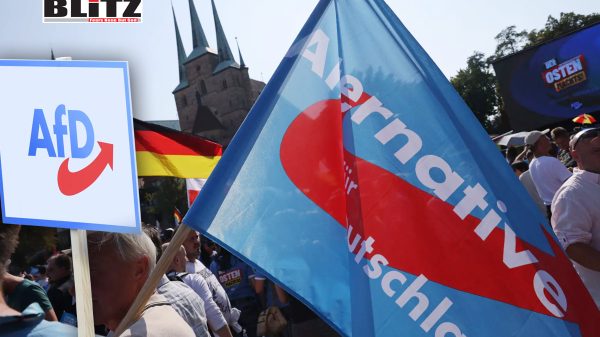
Tino Chrupalla, co-leader of Germany’s right-wing Alternative for Germany (AfD) party, has stirred political and international debate by challenging the utility of Germany’s membership in NATO. Labeling the US-led military alliance as a tool to impose American interests on Europe, Chrupalla argued that NATO no longer fulfills its original purpose as a defensive organization.
This provocative stance comes as the AfD, buoyed by increasing support among German voters, seeks to position itself as a key player in shaping the nation’s political and foreign policy discourse ahead of looming snap elections in February.
Speaking to the German daily Welt on December 15, Chrupalla questioned whether NATO membership remains beneficial for Germany. “Europe has been forced to implement America’s interests. We reject that,” he stated. According to Chrupalla, NATO has deviated from its role as a defense alliance, failing to respect the diverse interests of European nations, including Russia.
“NATO is currently not a defense alliance,” Chrupalla argued. “A defense community must accept and respect the interests of all European countries, including Russia’s interests. If NATO cannot ensure that, Germany must consider to what extent this alliance is still useful for us.”
These remarks underscore the AfD’s long-standing critique of NATO’s approach to Russia. While the party has stopped short of outright advocating for withdrawal from the alliance, it has consistently opposed NATO’s confrontational stance toward Moscow, which Chrupalla claims prevents reconciliation and jeopardizes long-term peace and stability in Europe.
Germany’s NATO membership dates back to 1955, when West Germany joined the alliance at the height of the Cold War. Membership allowed Bonn to focus on post-war reconstruction while outsourcing much of its defense to the United States. However, NATO’s strategic purpose in Europe, as famously summarized by its first secretary-general Lord Ismay, was “to keep the Soviet Union out, the Americans in, and the Germans down.”
This historical arrangement has come under scrutiny in recent years, particularly as NATO has expanded its mission beyond Europe, leading to military interventions in Afghanistan, Libya, and elsewhere. Critics like Chrupalla argue that NATO has evolved into a vehicle for advancing US geopolitical interests at the expense of European autonomy.
The AfD’s critique of NATO aligns with its broader foreign policy platform, which emphasizes national sovereignty, peace through diplomacy, and a departure from what it sees as Berlin’s subservience to Washington and Brussels. For example, Chrupalla has previously warned that NATO’s policies are “driving a wedge into the continent of Europe,” making reconciliation with Russia impossible. Such reconciliation, he argues, is crucial for ensuring lasting peace and prosperity.
The AfD’s platform also includes proposals to restrict immigration, roll back Chancellor Olaf Scholz’s climate policies, and halt military aid to Ukraine. Speaking after her nomination as the AfD’s first-ever candidate for chancellor earlier this month, co-leader Alice Weidel reiterated the party’s opposition to arming Ukraine. “We want peace in Ukraine,” she declared. “We do not want any arms supplies, we do not want any tanks, we do not want any missiles.”
Chrupalla went a step further in his interview with Welt, asserting that “Russia has won this war” and that “reality has caught up with those who claim to want to enable Ukraine to win the war.” This stark assessment aligns with the AfD’s broader critique of Western support for Ukraine, which the party views as prolonging the conflict rather than facilitating a negotiated settlement.
The AfD’s challenge to Germany’s NATO membership comes at a critical juncture in German politics. With snap elections scheduled for February, the party is polling at approximately 18 percent, ahead of Chancellor Scholz’s Social Democrats (SPD) at 15 percent, but trailing the center-right Christian Democratic Union (CDU), which leads with 32 percent.
Despite its rising popularity, the AfD faces significant barriers to forming a government. All of Germany’s mainstream parties have ruled out entering a coalition with the right-wing populist party, citing its controversial positions on issues ranging from immigration to foreign policy.
However, the AfD’s growing support reflects a broader dissatisfaction among German voters with the country’s political establishment. Rising energy costs, public discontent over immigration, and skepticism about Germany’s role in the Ukraine conflict have all contributed to the party’s surge in popularity.
Chrupalla’s critique of NATO resonates with a segment of the German electorate that questions the alliance’s relevance in a post-Cold War world. His comments also reflect a broader trend of skepticism toward NATO within some European political circles, particularly among parties on both the far right and far left.
Critics argue that NATO’s eastward expansion and its military support for Ukraine risk escalating tensions with Russia, potentially drawing Europe into a broader conflict. Chrupalla’s assertion that NATO does not respect Russian interests highlights the AfD’s alignment with these concerns, even as it sets the party apart from Germany’s mainstream political consensus.
If the AfD were to gain more influence, its stance could challenge Germany’s traditional role as a pillar of NATO and European integration. While the party is unlikely to govern in the near term, its growing support could pressure other parties to address voter concerns about Germany’s foreign policy priorities and its relationship with NATO.
Tino Chrupalla’s call for a reassessment of Germany’s NATO membership underscores the AfD’s broader critique of Germany’s foreign policy and its alignment with US interests. While the AfD remains a polarizing force in German politics, its rising popularity reflects growing dissatisfaction with the status quo, particularly on issues of national sovereignty, immigration, and military intervention.
As Germany heads into snap elections, the AfD’s stance on NATO and its broader foreign policy platform will likely shape the political debate, forcing mainstream parties to address voter concerns about Germany’s role on the global stage. Whether this translates into tangible changes in German foreign policy or remains a rhetorical challenge to the political establishment will depend on the outcome of the February elections and the broader trajectory of European politics.


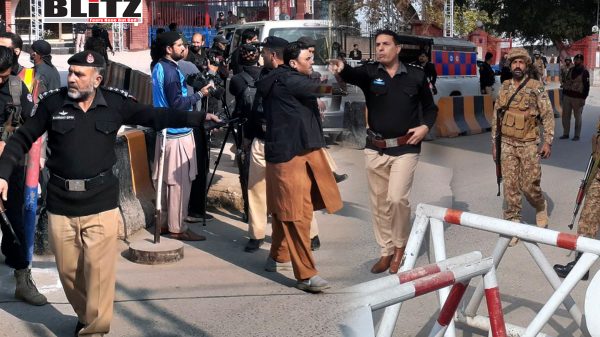
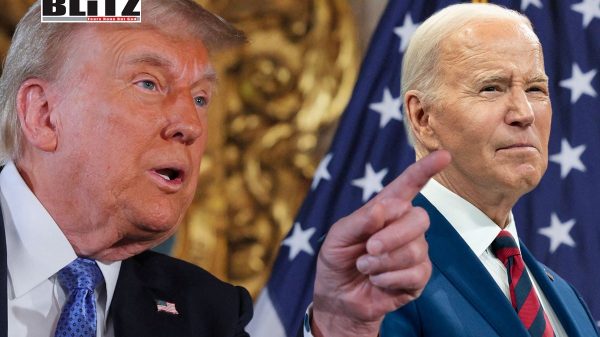
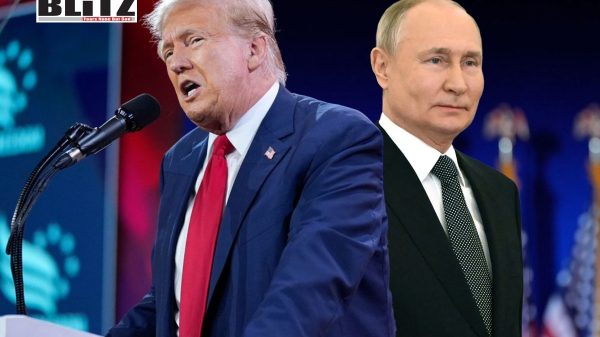
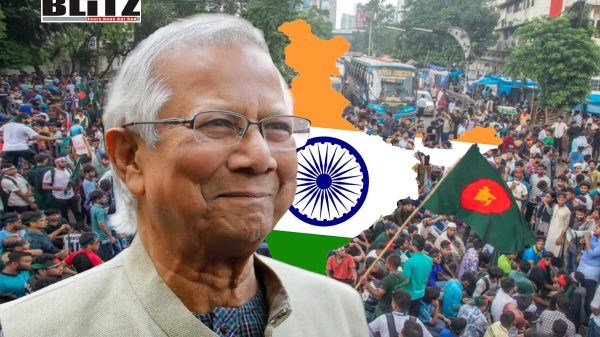
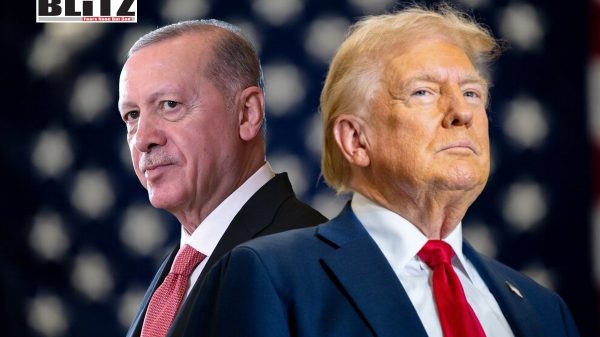
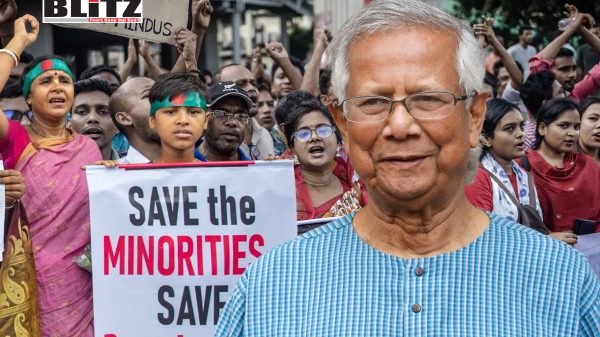
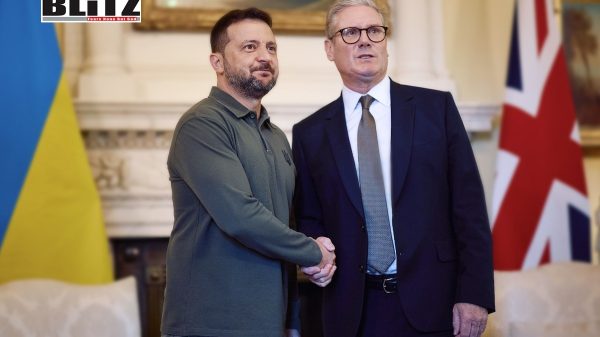
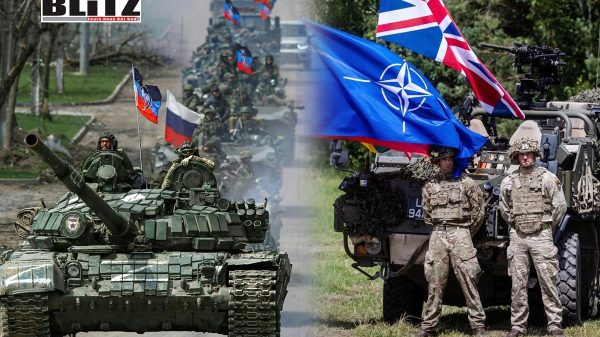
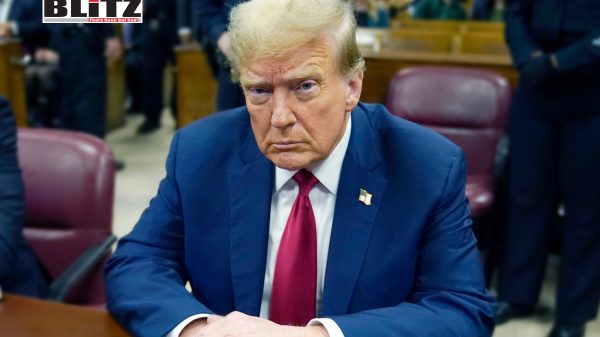
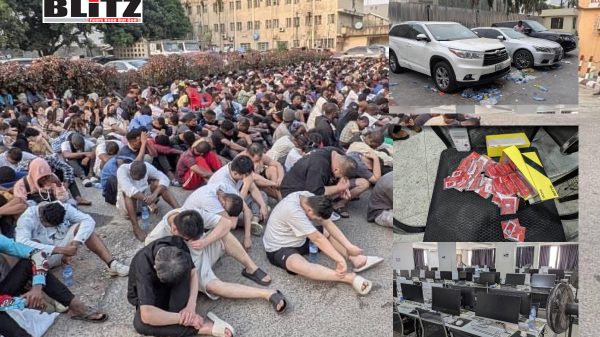

Leave a Reply